Doug Erickson
Archivist and Head of Special Collections
Lewis and Clark College,
Portland, Oregon
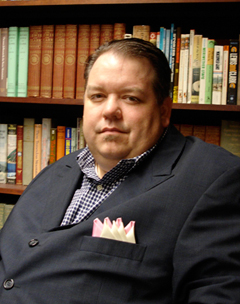
Photo by Jeremy Skinner
Doug Erickson has been a member of the faculty of Lewis & Clark College in Portland, Oregon, since 1993. He is co-author of three books: William Stafford: an Exhibit Catalog and Bibliography (Lewis and Clark College: Ash Creek Press, 2000), The Literature of the Lewis and Clark Expedition A Bibliography and Essays (Lewis and Clark College, 2003), and Jefferson’s Western Explorations: Discoveries Made in Exploring the Missouri, Red River and Washita by Captains Lewis and Clark, Doctor Sibley, and William Dunbar (Arthur H. Clark, 2004).
He has curated, lectured, and written text for exhibits on the American West that have been mounted at the Library of Congress, M.I.T, University of Virginia, CUNY- Graduate Center, The Jefferson Library at Monticello, American Philosophical Society, Academy of Science, Boston Atheneum, University of Washington, University of Oregon, and the The University of San Francisco.
Doug has served as a consultant for academic researchers and organization including National Public Radio, Yale University, The University of California-Berkeley, and Stanford University. He has also taught courses on the American West, as well as on Archives and Special Collections at Portland State University, Emporia State University, and the University of Illinois, and been a consultant to many government agencies, universities and colleges, business, and non profits regarding Lewis and Clark, Archival Management, Books, and Libraries.
He is the past president of the NorthWest Area Archivists Association, and current Vice President of the Lewis and Clark Trail Heritage Foundation’s Oregon Chapter.
Contributions
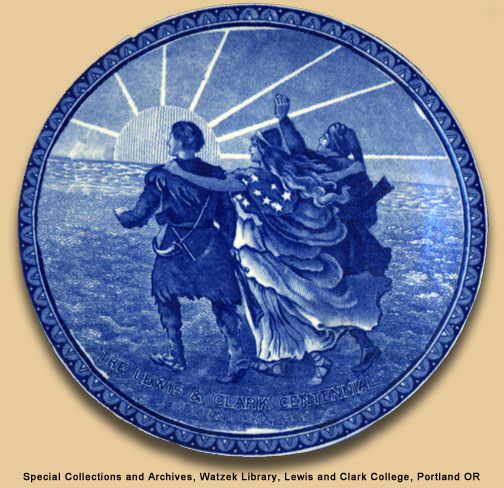

A reason for their continuing popularity may be traced to nineteenth century literature and the stimulation of interest in reading and teaching that brought fictionalized versions of the Lewis and Clark story to generations of young readers.
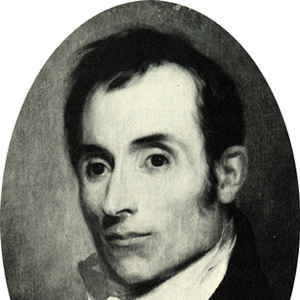

Perhaps the naturalist most influenced by Lewis and Clark was Alexander Wilson. Considered by many as the “Father of American Ornithology” he actively used their writings and specimens to complete his own works.
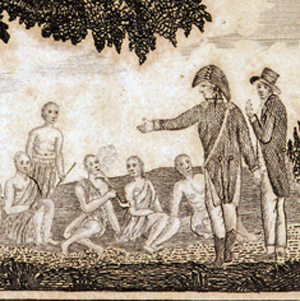

Publications that attempted to tell the story of Lewis and Clark were being printed before Lewis and Clark had even returned from their trans-Mississippi exploration. Their popularity continued for approximately ten years after they returned to St. Louis.
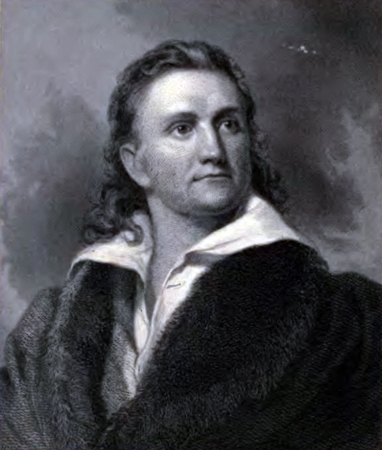

America’s greatest ornithologist, John James Audubon, was just starting his career when Lewis and Clark returned, and there is ample evidence that he drew inspiration from Lewis and Clark’s writings.
Experience the Lewis and Clark Trail
The Lewis and Clark Trail Experience—our sister site at lewisandclark.travel—connects the world to people and places on the Lewis and Clark Trail.
Discover More
- The Lewis and Clark Expedition: Day by Day by Gary E. Moulton (University of Nebraska Press, 2018). The story in prose, 14 May 1804–23 September 1806.
- The Lewis and Clark Journals: An American Epic of Discovery (abridged) by Gary E. Moulton (University of Nebraska Press, 2003). Selected journal excerpts, 14 May 1804–23 September 1806.
- The Lewis and Clark Journals. by Gary E. Moulton (University of Nebraska Press, 1983–2001). The complete story in 13 volumes.

